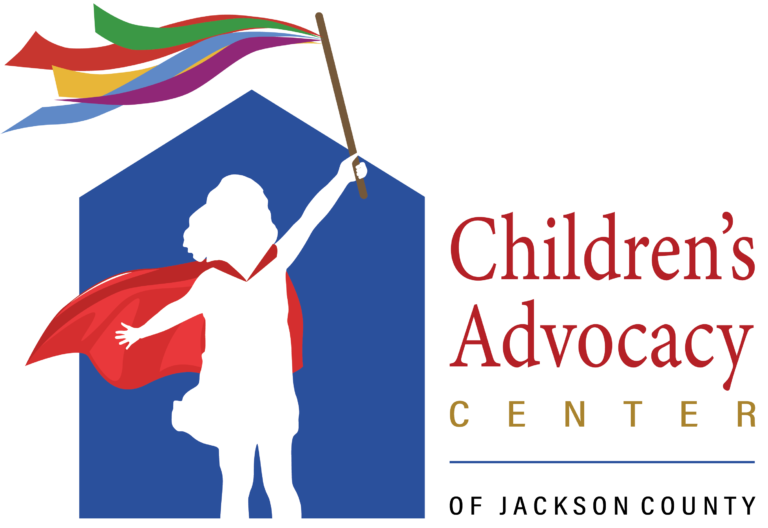By Tammi Pitzen, Executive Director of the Children’s Advocacy Center of Jackson County
School has started back. At my house we are shifting back to “normal” schedule. You know—the regular routine. 6:30 wake up. 7:12 out the door for school and work. 6:00 get home. 6:15 start our reading homework. 6:45 do the rest of our homework. 7:15 piano practice. 7:45 shower. 8:30 bedtime. Oops. I forgot dinner. We do eat in there somewhere, but the schedule is tight. We try to find some balance. We try to concentrate our family time on the weekend and build as many memories as possible. It is easy to go on auto pilot. To forget to have actual conversations. To forget to check in with each other. The frenzy of the holidays is right around the corner. It will get more hectic.
This week, we have read about Oregon being number one in the country in the number of registered sex offenders. There has been lots of chatter about what this means and why this is. I don’t know why. Do we make more people register than others? Are we more proactive at looking for sex offenders? There are many spins that you could put on this.
Here is my spin. This is a good reminder to make time to talk to your children about their bodies and how to keep them safe. This is a good reminder to stay involved and present in your child’s life regardless of their age.
The truth is there are a lot of sex offenders EVERYWHERE. I don’t say that to make you paranoid. I say that to make you aware.
I started having these body conversations with my own child when he was 2 years old. He learned the correct term for his “boy” parts. I never have to guess if he is talking about his penis, his tummy, his bottom or his toe. While the cutesy names make it easier for the adults to say, it definitely makes it harder for anyone else to know what exactly your child is talking about. In an interview to figure out if he or she has been abused, this small thing is crucial.
I read a book to my child every once in a while about body safety and telling. He loved that book. It was named “Gorp’s Secret”. It was a very child friendly way to open up the conversation. Better yet, my child learned early who was allowed to touch what body parts under what circumstances. It was a book that was in the story time rotation. Just like all his other books. Sat on the shelf just like his other books waiting for his little fingers to pick it out for his dad or me to read to him. Normal.
My child’s pediatrician has the same talk with him during his annual check-up. It does not weird him out. It is a conversation that is part of their normal interactions during his exam. Just like checking in about bike helmets, seat belts, and what kinds of veggies he is eating.
Contrary to what many people might think because of my career, I do not talk to my son about these things very frequently. When an opportunity presents itself I don’t shy away from it but I don’t bring it up. I don’t have to. We have been having these “little talks” since he was a baby. He knows.
The older your child gets, the more uncomfortable it is to start these conversations, but if they have been a part of your interactions all along they are a little easier. It is a way of propping the door open, if you will. Paving the way for your child to come to you if they ever need to.
Still not sure what to be vigilant about or worried you won’t recognize when your child may need you but unable to tell you exactly they need you?
Please sign up to take our free Stewards of Children training under the CAC Protect Our Children program. We hold them frequently. Go to our website and sign up. This class will teach you how to recognize and respond to child sexual abuse using five simple steps. It is free. It takes less than 3 hours.
It will give you tools to reduce the risk of sexual abuse to the children in your life. Isn’t that worth your time?
#BackToSchoolCAC
